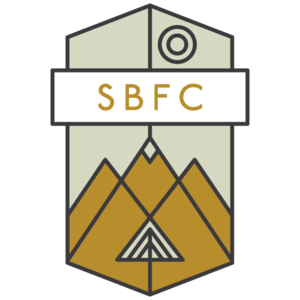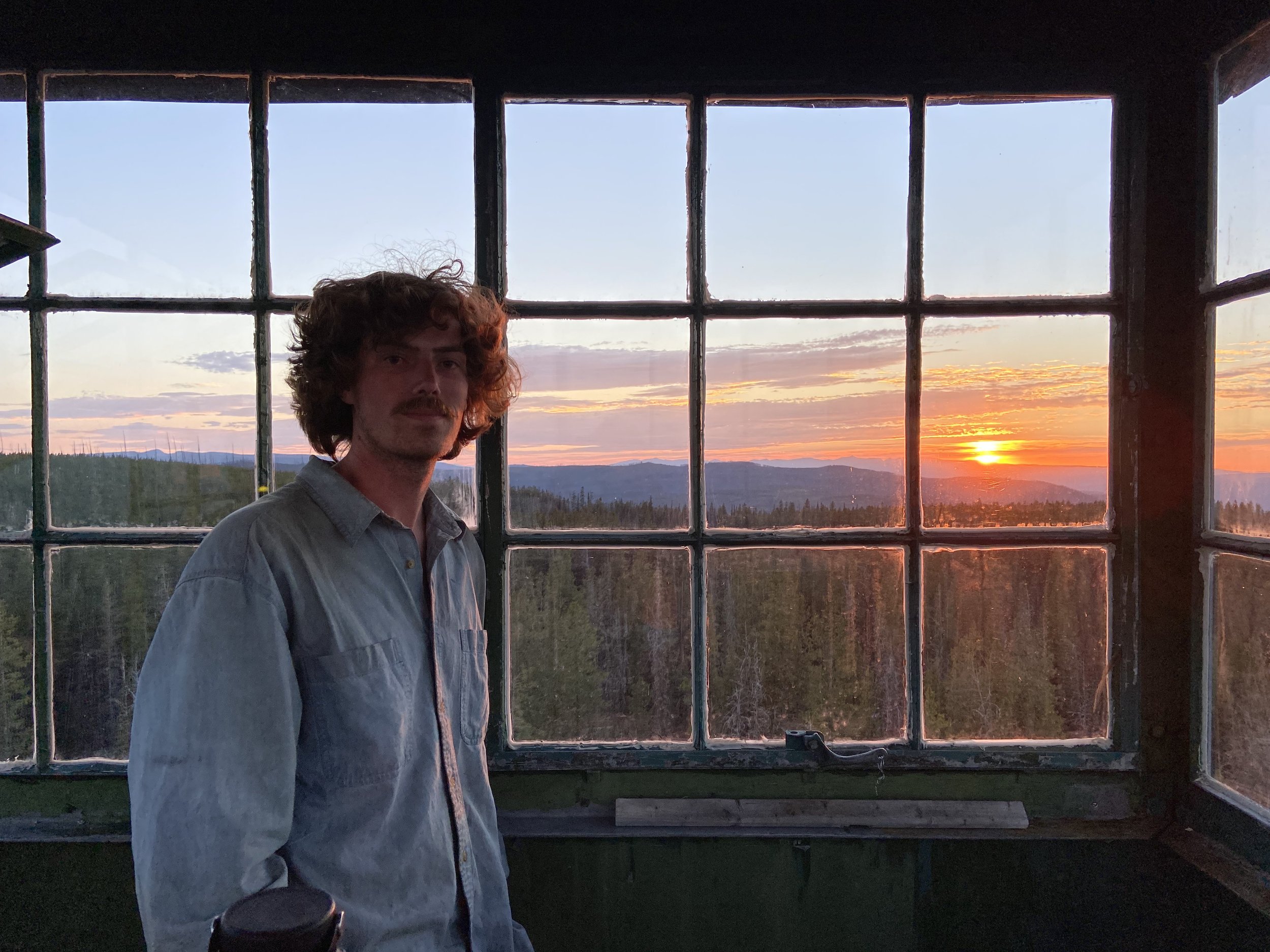Ethan Antle
Wilderness Ranger Fellow
Hitch #5: August 3-10 (Big Deer Creek)
Salmon-Challis National Forest | Frank Church Wilderness
“The Last Hitch” was a very fitting name for our trip out to Big Deer Creek in the Salmon-Challis National Forest, and not just because it was in-fact our last hitch as Fellows. It was a hitch that started off on the wrong foot, but though hard work and determination it ended up having the most lessons to teach.
There were some hiccups the first few days, between having to bump camp because of a dried up water source, having to climb a 1000 ft hill at the end of every work day, or literal clouds of mosquitos, it definitely wasn’t turning out to be the smooth last trip we all thought it would be, but such is life and while it can be easy to focus on the negatives you have to remember every dark cloud (yes even ones made of mosquitoes) has it’s silver lining.
Because of the large and very steep hill, we had an amazing view of the valley below. Because of the lack of water at the trailhead, we had to hike further in to find a good campsite, which just so happened to be in the middle of a huge huckleberry patch just as they were beginning to ripen. For every mosquito we saw, there were also signs of life everywhere, from wolf scat to deer and elk signs, and even fresh bear claw marks on the trees where it was eating sap.
Turning in for the night.
About halfway through our hitch we had finally cleared to our second campsite and had just gotten to the burn area where the lessons I alluded to earlier became very apparent to me. Walking up to the burn, you wouldn’t have noticed anything out of the ordinary. There were green trees and grasses, huckleberry bushes everywhere, and brush so thick in parts it took hours to cut all the way through it, but 30 yards down the trail and as far as the eye could see there was nothing but burned trees, grey and black charred dirt, and nothing else, as contradictory as night and day. After clearing our way through the desolation we came to a little stream that ran right through the middle of the burn, and on both sides of that stream you could see new plant life beginning to grow. What really stood out to me about those little plants wasn’t the fact that they were growing in the middle of a charred wasteland, it was how unbelievably green they were, much more vibrant and healthy than the plants we saw earlier in the day.
I’ve always heard that life is about adversity and overcoming the challenges it throws at you, but seeing this laid out in front of me like that made it real. No matter how you start off in life, what soil you’re planted in, what is going on around you, or how well your hitch starts off, you can always make something better of it. The last lesson I took from Big Deer Creek is to me the most important and the most pertinent. Even though our time at SBFC has ended, like the forest, something new is right around the corner. Like my dad says, all you have to do is “keep on keeping on”.
Ethan Antle
Salmon-Challis National Forest | Frank Church-River of No Return Wilderness
University of Montana
Major: Wildlife Biology
Ethan grew up in the small town of Skiatook, Oklahoma and spent most of his childhood fishing and exploring the river bottoms of green country or hunting in the Ozark foothills. After he graduated high school, he joined the Marine Corps and was stationed in Kaneohe Bay. He’s had a passion for the outdoors and wildlife since he was a child, and he’s always looked up to people like Steve Irwin, Dr. Brady Barr and other Naturalists and wildlife biologists. Ethan has always loved animals and wants to do his part to keep our wilderness and our wildlife populations healthy.


































